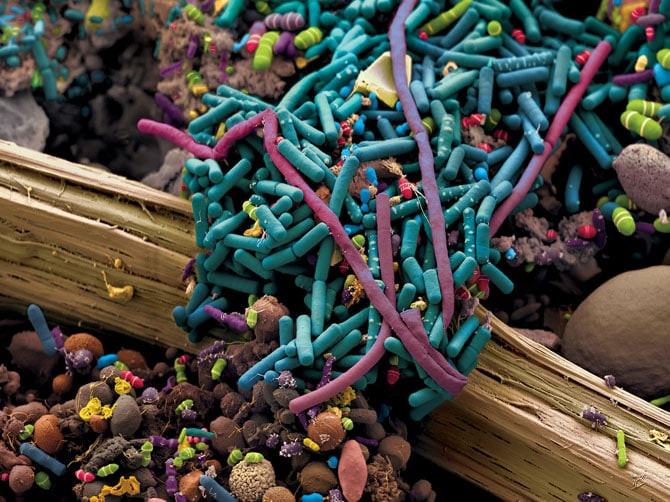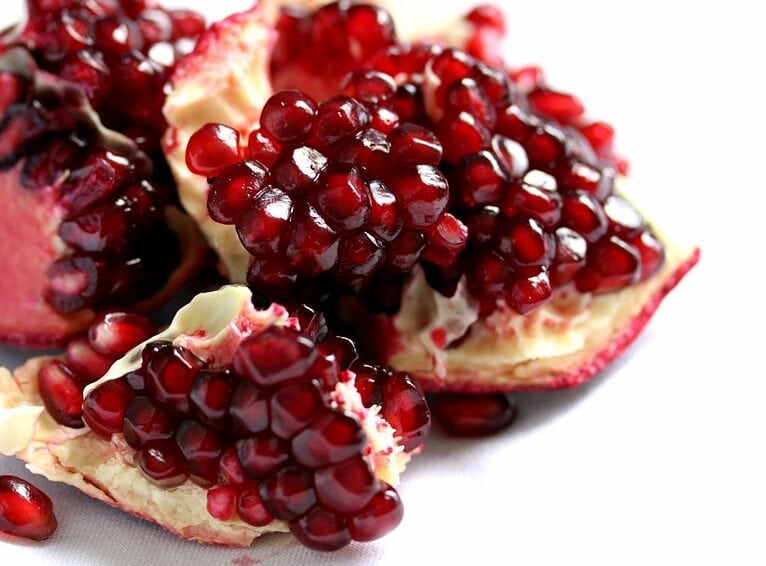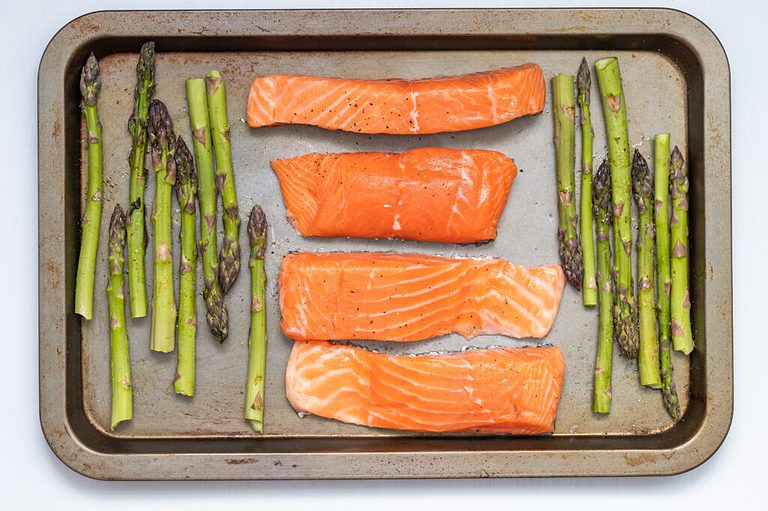Reflux one of the most common (and annoying) symptoms of pregnancy. And it’s a condition that doesn’t just affect mummas-to-be, but people of all ages can experience reflux from little babies to older adults.
So today, I’m covering what reflux is, what medical treatments are available for reflux and what you can do from a dietary perspective too (Source: Health Direct).
This blog is in collaboration with Ryann Kipping RDN CLEC, who is an amazing Registered Dietitian from the USA who is ALSO working with women in the lead up, during and after pregnancy for breastfeeding support and post-partum weight management. Check out her blog on Morning Sickness.
Just want to skip to the nutrition bit, scroll down to the “What should I eat to help with reflux?” heading.
What is Reflux?
Reflux, acid reflux, heartburn, or gastro-oesophogeal reflux disorder (GORD) occurs when stomach acid leaks and moves up the oesophagus causing that burning sensation rising up in your chest. Other symptoms can include regurgitation of some of the stomach acid into your mouth (gross, but true) and even pain or difficulty when swallowing.
It’s likely this is happening during pregnancy due to the hormones being released relaxing the muscles around the top of the stomach that keeps the stomach contents down. Once this is too relaxed, there is an increased chance of stomach acid rising up, especially as the pregnancy progresses towards the third trimester and baby leaves less and less room, for organs, like don’t worry about those essential things, bub, you can have ALLLLL the room in my abdominal cavity!
Besides discomfort, reflux is generally not too serious although in severe and chronic circumstances it can lead to more serious complications. But before you FREAK out, let’s go through some of the treatments and tactics you can use to reduce that pesky heartburn feeling.
Medical Treatments for Reflux
Depending on the severity and frequency of reflux symptoms, the treatment will look different for everyone, consult your medical professional before trying any of these!
- Medications: these include both over-the-counter and prescription antacids, drugs that reduce acid secretion in the stomach and also those that help to heal the oesophagus. These usually do a good job of keeping
- Surgery: you probably wouldn’t consider this if your reflux was due to pregnancy but with people who live with severe reflux or medications don’t help, surgery where the muscle is tightened using a device or the stomach gets wrapped around the oesophagus to reduce acid travelling upwards.
What should I eat to help with reflux?
- Eat small, frequent meals rather than larger meals, which also a great strategy for morning sickness! Try something low in fat and spice as well as energy to prevent excess weight gain. Try some homemade lightly salted popcorn is a great one to try, the fibre will also help manage any pregnancy-related constipation too.

- Chew your food well (really well!) – don’t make your stomach do the hard work, use those chompers to really get digestion started and ease the burden on your stomach to churn larger pieces of food.
- Positioning – stay upright either using a pillow or sit up for at least 2 hours after eating.
- Maintain a healthy weight – whether you’re pregnant or not, people with a higher body weight are more likely to experience reflux.
- Some say that ginger can help, there’s no harm in trying a bit of ginger tea to see if it can help.
- Others suggest some yoghurt or a glass of milk once symptoms have started to help relieve the immediate burning sensation.
What should I avoid to manage my reflux symptoms?
These are some of the foods and practices that can worsen reflux symptoms, this will be individual but these things may be worth a go:
- Alcohol – this goes for non-pregnant people too! But most definitely if you’re pregnant there is no safe level of alcohol, and it should be avoided in the lead up and during pregnancy.
- Caffeine – whilst 1 cup of coffee a day during pregnancy poses little risk to bub, if the caffeine in coffee, tea or even soft drinks exacerbates your reflux symptoms, steer clear!

- Spicy foods and even garlic and onion! Put down the super hot Thai curry, it’s likely to repeat on you, opt for something milder for the next 9 months.

- Very high fat foods such as hot chips, donuts, cakes, pastries, bacon, untrimmed meats, foods with lots of butter or margarine, or oily foods.
- Don’t drink with your meal – too much fluid when you eat can increase the risk of things in the stomach moving upwards.
- Avoid over-eating, tune into your hunger & satiety cues. Whilst we are all prone to stuffing ourselves silly at parties and events, day-to-day take a moment half way through your meal to see if you’re actually feeling full. If yes, stop there and if not, keep eating until you’re content.
- Don’t lie down or sleep soon after a meal – you’re more likely to experience heartburn when you’re laying down as gravity isn’t working against you. Leave at least 2 hours before napping.
What about eating less “acidic” foods?
You’re thinking, great I’ve got reflux, no lemons or tomatoes for me. The jury is out on this one, some people say avoid tomatoes and citrus if you’ve got reflux, others say there’s no real difference. Stomach acid generally has a pH of 2, and whilst a lemon gets pretty close, it’s unlikely that you’re eating much that has a pH lower than that of your stomach acid!
So, I go to trial and error on a case-by-case basis and see whether these foods impact you and your symptoms.
Carbonated drinks are another source of acid and the bubbles can stimulate regurgitation, it’s best to avoid sugar-sweetened beverages during pregnancy and otherwise anyway.

Have you seen Ryann’s blog on morning sickness yet? Check it out here. Psst… go follow her on Instagram too, @prenatalnutritionist
Are you enjoying my “Eating for..”. series? Need some extra help with managing nutrition before or during pregnancy? Find out where the closest clinic is to you and book in for an individually tailored nutrition consultation.







